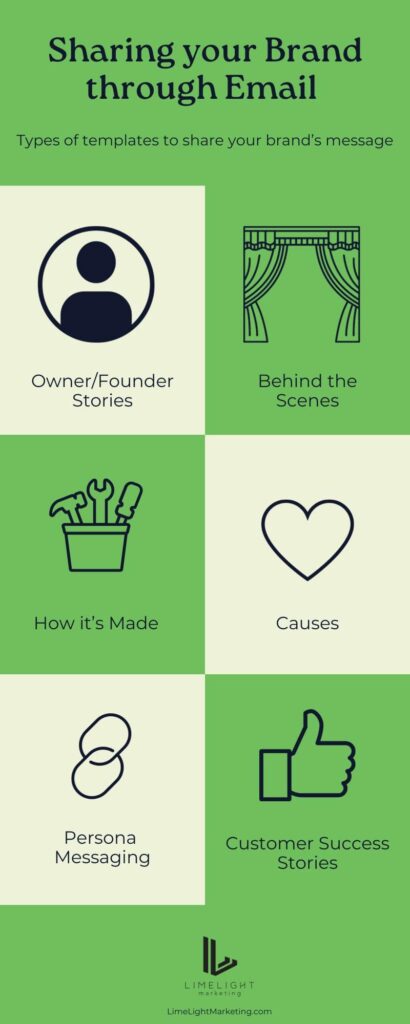Converting site visitors into paying customers or subscribers is the main goal of most email marketing campaigns, especially for ecommerce shops. In addition to strategic acquisition execution, getting your email templates to convert at a high rate can help achieve this goal. In this article, we explain which templates have high conversion rates, how they work, and how you can integrate them into your marketing campaigns.
High-converting email templates that deliver results for ecommerce sites
Currently, around three billion people worldwide have email accounts; and, according to the data, more than 306 billion emails are sent and received each day. Many of these emails, however, are unsolicited and considered spam.
The emails from your marketing campaigns have to compete with high volumes of emails, and can go largely unnoticed. In fact, many marketing emails go directly into the spam folder without ever being seen. That means if you want to really engage your audience, you’ll need to use high-converting email marketing templates, great copy, and strong calls to action.
Your email campaigns might increase the visitors to a specific page of your website, but they may not necessarily lead to new sales. Just like other online users, your prospective customers have short attention spans. To convert leads into buyers, you need to grab their attention immediately – ideally, within the first few seconds of them opening your email. So, it is important to make sure that your email strategy has a few key elements right off the bat:
- Lead with an offer – always remember what your audience cares about. This doesn’t always mean discounts! Match audience expectation to the brand attributes.
- Segmentation is key! Your audience base can likely be segmented in a few different ways. This will allow you to speak to groups of contacts based on their interest, relationship with the brand, experience with the products/services and various other categorizations.
- You can include emojis in the subject line as well as the content to make it stand out more (if that’s appropriate for your brand and industry)
- Use an aesthetically-sound template that will guide your readers through the information in a logical flow. And make sure it closely follows brand guidelines to create a cohesive experience between website, email, social, ads etc.
- Make your audience feel special by using words like ‘limited’ or ‘exclusive’
On average, an email user receives around 121 emails per day. Out of marketing materials, promotional literature, and personal emails, can you guess which ones a user is more likely to open and read? By being mindful of subject lines, how you address your audience, and the overall design of your email template, you can immediately establish yourself as a welcomed presence in your prospects’ inboxes.
Even so, many emails are ignored and immediately deleted by users even before they’ve been read. This is because, to put it bluntly, they don’t care until you make them care. Having an email subscriber list is one thing, but prompting people to purchase your product is another story.
Keep Reading: Email marketing for businesses: a how-to guide
Examples of high-converting email marketing templates
There are tons of templates to use when creating emails for your brand. It’s important to choose the right one to convey the message needed to reach your campaign goal. Here are some of the top performing email marketing templates we’ve used.
1 – Brand story
Be yourself – or rather, keep the brand true to itself.Your brand started and grew for a reason. You likely have a high quality product with strategic pricing and audience target strategies. Your brand also likely has a compelling story – one that connects with its target audience and encourages a relationship. Using your email template to tell a brand story establishes an emotional connection that will make your readers feel closer to your brand. The power of a well-told origin story or personal narrative can inspire a much stronger emotional reaction than if you were to only send promotional material, which can make your emails seem quite cold and one-sided.

Here are some of our favorite ways to tell a brand story.
- Owner/founder stories
- Where did your brand start from and why? Chances are, your loyal customers (and those that look like them) care a lot about your origination. Share it as a way to connect!
- Behind-the-scenes
- Similar to owner stories, behind-the-scenes content creates a connection with your audience and shows them how the products they’re holding were produced. This is especially valuable for small-batch products.
- How it’s made
- Take behind the scenes to the next level. Use your brand’s (or product’s) unique value proposition as a way to go deeper into the explanation of its benefit to your audience. This strategy works really well for artisan products, or goods that are hyper focused on quality. Customers love to know how what they’re buying is special and, when faced with similar options, why they should go with yours over the competitor’s.
- Causes the business supports
- While not usually a reason consumers buy from a brand, the causes an organization supports could help with conversion – especially for high-ticket value items, such as cars or furniture.
- Deep persona messaging
- Typically in the form of a campaign, persona messaging flips the narrative from ‘here’s what we’re doing as a brand’ to ‘here’s what you care about as a consumer and what we’re doing to solve for it.”
- Customer Success Stories
- FOMO anyone? Show how others have succeeded after using your brand and create a lookalike movement!
2 – FAQ Content
Many ecomm websites have FAQ pages that are intended to answer some of the common questions customers have about your product. The answers should be concise and to the point in order for leads to find them useful. Integrating relevant FAQs into your marketing emails can help encourage leads to learn about your product because it will save them the effort of having to click through to your website. The easier the process is, the more likely your leads are to convert. The trick here is to meet your audience where they are. FAQs are great to add into product launches where explanation is needed to introduce the product to market. They’re also great to incorporate into flows to encourage conversion.
Effective FAQs must be able to do the following:
- Be responsive to your customers’ latest common queries and needs
- Cover a broad range of categories, from technical support to product descriptions
- Establish authority, expertise, and credibility within your business niche
- Direct users to the specific pages of your website when more details are needed
- Provide the impetus or motivation for customers to stay interested and, eventually, buy
3 – Promotional emails
You can send promotional emails, such as discount codes or bundled offers, to your subscribers. This strategy is intended to convert shoppers at a higher rate and with more frequency.
According to one survey, 49% of retail customers like to receive promotional emails from their favorite brands. If you have already established a good relationship with your readers through brand stories, company newsletters, and personalized email templates, you’ll be in a good position to start sending promotional material.
Make sure a discount strategy aligns with your audience’s expectations. In certain situations, such as with luxury or status brands, discounting could be a detractor to conversions.
4 – Flows
Flows are an automated series of emails based on user activity and engagement with your brand.
If you don’t have your seven core ecommerce flows set up, you’re missing out on about 10% in passive revenue each month. These flows are standard best practice in the email industry and include:
- Welcome series
- Upsell/Cross sell
- Winback
- Abandoned Cart
- Abandoned Browser
- Thank you
- Review Request
Typically, your email service platform will have standard templates you can use to incorporate your brand and product set from your linked store.

The secret to high-converting emails
When done right, email campaigns have a higher performance rate compared to social media campaigns, paid media campaigns, affiliate marketing and SEO. According to one study, the average conversion rate of email marketing is around 6.07%, which is 2-3x what other channels typically experience.
Although there is no exact formula for successful email marketing, there are some key practices that you can follow. Just bear in mind that the specific details may need some adjusting depending on the industry you’re in and the type of email you’re sending.
Generally, high-converting emails have the following characteristics:
- Captivating subject line: A feature so important that we’re mentioning it twice. The subject line serves as the hook that must immediately capture the interest of the reader and entice them to open the email. There are many things you can do to drive curiosity here, like asking relevant questions, creating a sense of urgency, offering limited deals, or simply personalizing it by using the reader’s first name. You can also spice subject lines up a bit with some emojis if these are relevant to your audience and brand.
- Interesting pre-header text: Just like the subject line, the preheader text must stimulate the reader’s interest. It must provide a summary that is tantalizing enough to make the prospective customer read the entire email, so choose your words carefully here.
- Good timing: Timing is crucial in an email marketing campaign. The best sending times vary for different groups of people. For example, businessmen and office workers are likely to open emails during office hours. Teenagers, on the other hand, are likely to open emails after school hours. The right timing ultimately depends on your target audience, so make sure you do your research on this before sending out any marketing emails.
- Audience connection: Knowing your audience is key to a successful email marketing campaign. If you don’t know what your demographic profile is, or what your targeted audience’s preferences and motivations are, then your email could flop. Structuring your marketing emails with content that you know your leads enjoy and will find useful is the best way to keep them engaged.
- Clear calls-to-action: The calls to action (CTAs) in your email must be big, bold, and make clear how the reader should proceed. This will hopefully be the final push they need to click through to your website, buy your product, or create an account. If possible, you should integrate a clickable CTA button into your email template so that your user’s journey is made as easy as possible.
- A/B Testing: If your list size supports a statistically significant test, brands should run subject lines and promotions on A/B tests when possible. The setups are simple and the results become increasingly drastic based on the list send volume, sometimes culminating in thousands of dollars left on the table.
How to measure email marketing success
Once you’ve launched your email strategy, it’s important to understand its impacts. There are several KPIs you can track as your strategy evolves. Here are some industry standards you can use until you have your own baselines.
- Delivery rate – set a goal of 80%
- Open rate – 18%
- Click rate – 6%
- Unsub rates – .5%
- List growth
- Revenue attribution
- Monthly revenue per subscriber
- Revenue attributable to email channel
Need support for your business email marketing? Let’s chat.



